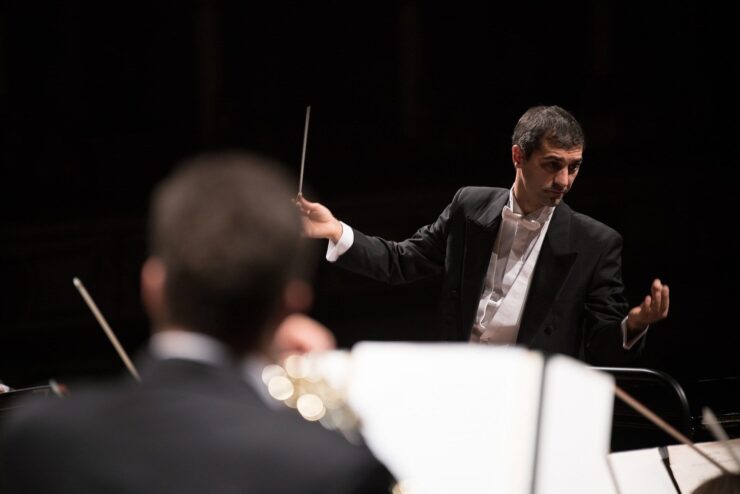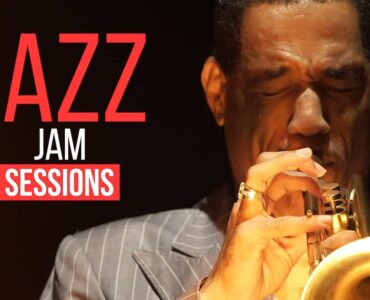It is a conductor’s job to lead the orchestra and shape the music, reminding the musicians how to interpret the piece and how it should be played in regards to tempo, phrasing and volume.
Rather than marking the beat, an orchestra relies on the conductor to show how the beat should be expressed.
When a conductor flows his hands or baton, the music should be more legato whereas when the conductor is practicing sharp waves it indicates a more staccato feel.
Up until the 19th century, orchestras were smaller and thus able to play without a conductor, using a soloist or violinist to start. However as they grew in size, it soon became apparent that a conductor was needed to keep all the musicians in time.
Staying in time and knowing when to come in is particularly difficult for brass and percussion players as there can often be long stretches where they are not needed.
A key point to remember when learning to be a conductor is to be sensitive. As musicians are often a touchy bunch, a conductor should be able to motivate the orchestra, teaching them to play a piece as instructed without the need to rant, rave or scare anybody.
The players should feel as though they are making music with the conductor, not feel like oppressed citizens under a tyrannical regime.
What you need to be a music conductor:
- Be vastly knowledge about music
- Be able to play a musical instrument to a very high standard
- Skilled at reading music
- Be a people person
It is often the case that there are only a small amount of rehearsals leading up to a performance. Because of this, a conductor must have a good understanding of how the piece should correctly sound and where the orchestra’s performance should be improved.
As rehearsals are often only a matter of hours, it is important for a conductor to not waste time and immediately identify which passages need improvement and which sections of the orchestra are falling behind.
A successful conductor will work with the orchestra to create a performance that breathes, with high and low points enchanting the audience on every beat.
Training to be a conductor takes years and the most effective are those who possess great interpersonal skills, a talent for music and work hard to perfect a performance.
Sources
- http://www.telegraph.co.uk/culture/music/classicalmusic/10782663/What-do-conductors-do.html
- http://www.theguardian.com/music/tomserviceblog/2014/sep/10/two-resignations-franz-welser-most-han-na-chang
- http://www.theguardian.com/commentisfree/2013/jul/22/female-orchestra-conductor-life-of-music
- http://www.bbc.co.uk/news/entertainment-arts-25155333
- http://www.bbc.co.uk/orchestras/learn/guidetotheorchestra/conductor/
Are you a music conductor? Perhaps you’ve worked with bad conductors in the past? Let us know in the comments below!




















